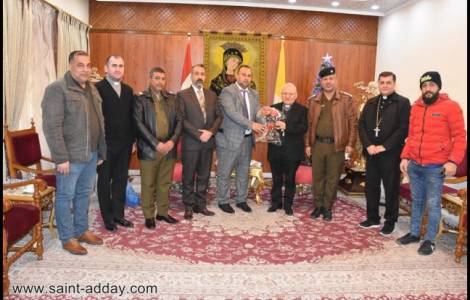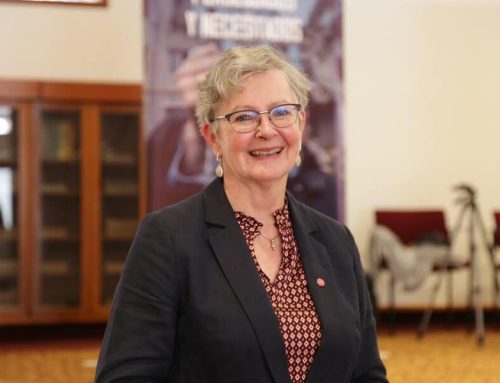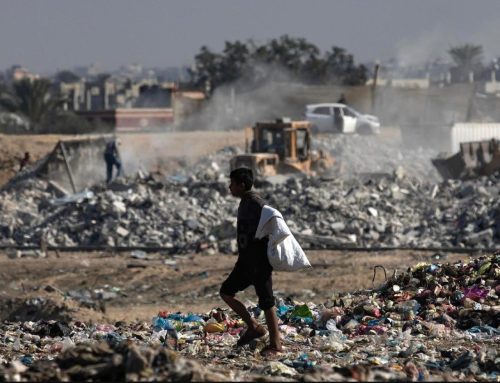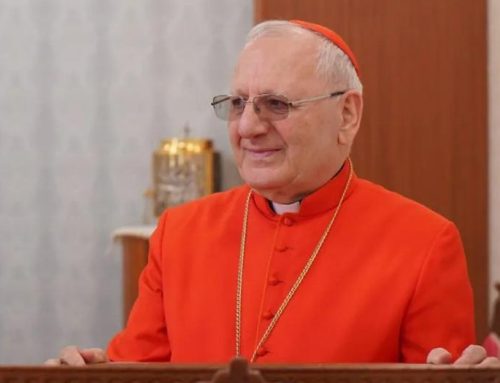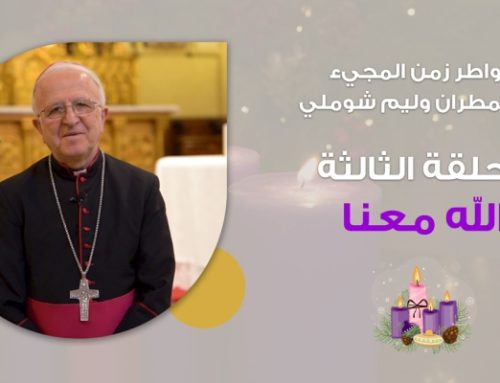Baghdad – Yesterday, Tuesday, January 4th, the Patriarch of the Chaldean Church, Cardinal Louis Raphael Sako, received a delegation from the movement of Muktada al-Sadr from Karkh, a district of the Iraqi capital west of the Tigris, at his residence in Baghdad. This was reported by official sources of the Chaldean Patriarchate and added that the representatives of the political party, led by the Shiite leader Muktada al-Sadr, conveyed their New Year’s greetings to the Patriarch, stating that the conversation between the delegates and the Primate of the Chaldean Church would focus on the general situation in the country and the next stages of the political and legal development, which is being pushed forward at the behest of the political movement, in order to return to the rightful Christian owners real estate – houses and land – to the legitimate Christian owners – which in recent years had been illegally stolen from them by individuals and organized groups.
The meeting between the Chaldean Patriarch and the exponents of the Sadrist movement acquires significance in the light of the delicate political-institutional phase Iraq finds itself.
On December 27, the Iraqi Supreme Court rejected the appeals presented by some Shiite political forces believed to be pro-Iranian and contested the results of the October 10 parliamentary elections. The ruling of the Supreme Court finally confirmed the electoral success of the Muktada al-Sadr movement, which will occupy 73 of the 329 available seats in parliament. The Fatah Alliance, in which the Shiite parties that objected to the election result have joined forces, will only have 17 seats (compared to 48 members in the previous parliamentary assembly).
On the last day of 2021, Iraqi President Barham Salih convened the first session of the new parliament, in which MEPs must elect the President of the Parliamentary Assembly, two vice-presidents and form the political groups. The new MPs must elect the new President of the Republic within 30 days of taking office and the new Prime Minister within the next 15 days.
In the new political scenario of Iraq, the balance of power in parliament also confirms the new meaning of the Shiite leader Muktada al-Sadr, who is also known as the founder of the Mahdi Army, a militia that – officially dissolved in 2008 – was founded in 2003 to support the foreign armed forces who were present in Iraq after the fall of Saddam Hussein’s regime. Analysts have seen several changes over the past decade in the leader who dissolved his militia in 2008 and does not appear to be allied with Iran. In the past, Muktada al-Sadr went so far as to call for an end to the “quota system” which, since the death of Saddam Hussein, has placed the administration of power in Iraq on a sectarian basis. In the country upset in recent years by the jihadist offensive, by the proclamation of the Islamic Caliphate with a strategic base in Mosul and by the coexistence of various and potentially rival forces on the heterogeneous front that led to the reconquest of almost all the areas that had fallen into the hands of the militias jihadists, Muqtada al Sadr tried to profile himself as a potential mediator. His visit to Saudi Arabia in July 2017 to meet Prince Mohammed bin Salman was also interpreted in this perspective.
Exactly one year ago (see Fides, 4/1/2021), Muqtada al Sadr ordered the creation of a Committee to collect and verify news and complaints regarding cases of illegal expropriation of real estate suffered in recent years by Christian owners in various regions of the country.
The communiqué that started the campaign named the names of the Muktada al-Sadr employees who were selected as members of the committee, as well as the email addresses and Whatsapp accounts to which Christian owners had been betrayed and property documents relating to real estate – Houses and land – illegally confiscated from individuals or clans in recent years.
The initiative of the Sadrist Movement, (see Fides, 25/11/2021), triggered a singular competition between antagonist political blocs, intent on competing for the flag of forces “protecting” the interests of Christian citizens and their property rights. On Monday, November 22, Judge Faiq Zidan, President of the Supreme Judicial Council – the highest administrative body of the ordinary judiciary – had received a delegation from the “Bablonia Movement”, a political group considered close to the pro-Iranian Shiite parties, which in the elections of the October 10 has obtained four of the five seats reserved for parliamentarians of Christian faith. The delegation included Ryan al-Kildani, general secretary of the movement, and Evan Faeq Yakoub Jabro, former Minister for refugees and migration in the outgoing government of Mustafa al Kadhimi. The meeting also discussed issues related to real estate owned by Christian owners and the steps to be taken to protect their property rights.
Source: Agenzia Fides

